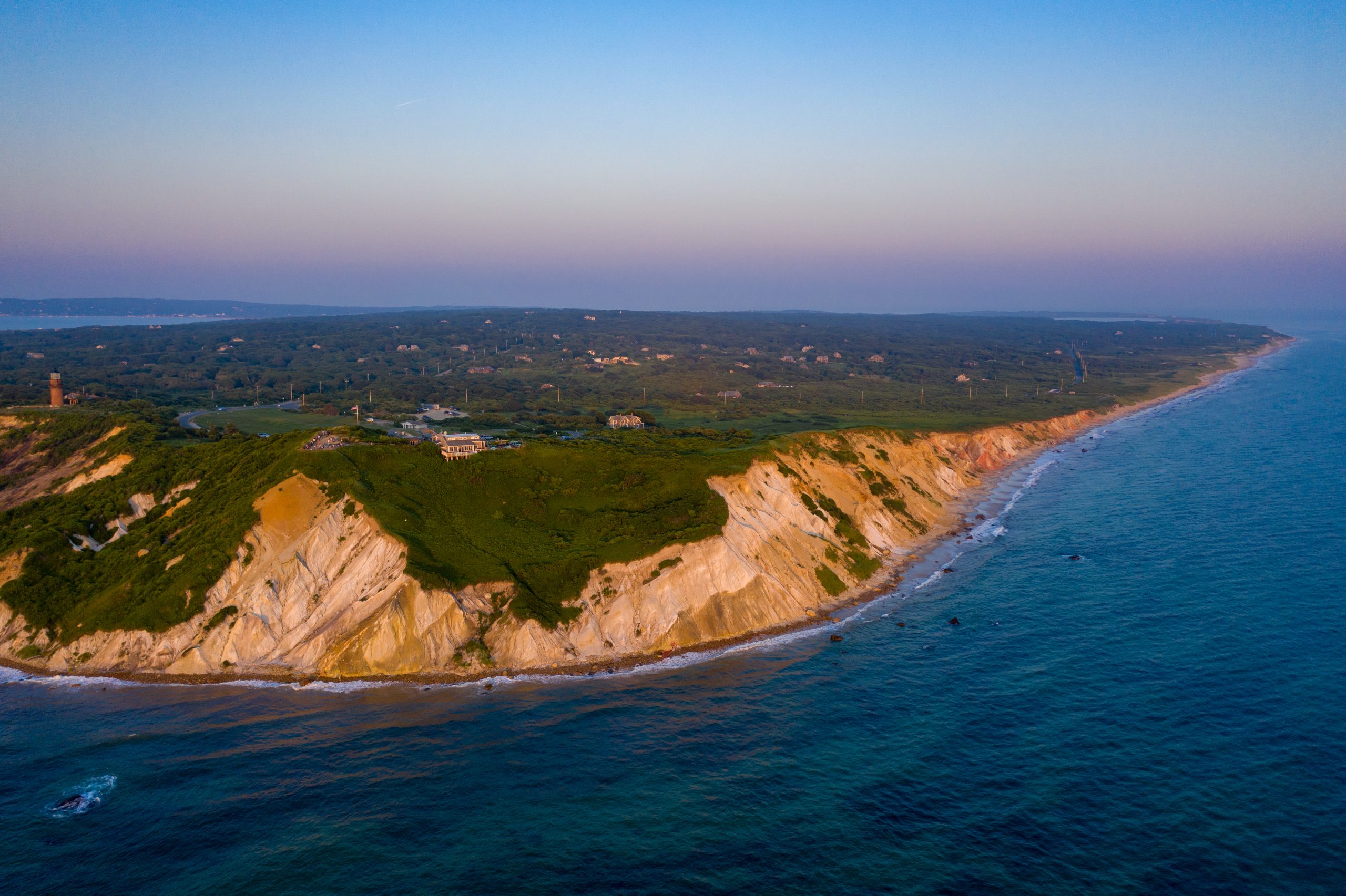Throwe Environmental will offer its expertise on sustainable finance and climate resilience to two Tribal Nations and two Southeastern New England municipalities through the SNEP Network 2021 Call for Participants. The Throwe team will lead the development of a climate resilience strategy and sustainable financing recommendations in Newport, RI and serve a key role in the development of a Climate Resilience Strategy and a pathway for funding for the Wampanoag Tribe of Gay Head (Aquinnah) on Martha’s Vineyard, MA. Throwe Environmental will also serve an advisory role on an organizational and capacity-building project in Mansfield, MA and a stormwater planning and nutrient pollution project for the Mashpee Wampanoag Tribe on Cape Cod, MA.
SNEP Network announces technical assistance awards to Southeast New England communities
Originally posted by the SNEP Network on September 1, 2021
PRESS RELEASE — The Southeast New England Program (SNEP) Network is pleased to announce its 2021 technical assistance awards to two Tribal Nations and six Rhode Island and southeastern Massachusetts communities to advance their stormwater and watershed management, and climate resilience planning.
Technical services provided by the Network in this round include: developing innovative financing of climate adaptation actions, building local capacity to implement stormwater and watershed best management practices, and conducting a municipal capacity assessment to address critical environmental needs.
“The SNEP Network’s first round of direct community assistance awards has been a great success, and EPA is excited to support their presence in another nine deserving communities,” said EPA Region 1 Acting Administrator Deborah Szaro. “I’m particularly pleased that this year the Network will be working with two federally recognized Tribes. It reflects the Network’s emphasis on capturing a rich mix of projects and communities, including those in underserved and economically disadvantaged communities, as well as tribal lands. This outreach recognizes that building capacity across all communities in our region is critical to its continued environmental and social resilience.
Communities awarded SNEP Network services this year are:
- Mansfield, MA
- Mashpee Wampanoag Tribe
- Newport, RI
- Providence Neighborhood Planting Program and City of Providence Forestry Division
- Providence, RI in partnership with the Seekonk Riverbank Revitalization Alliance
- South Kingstown, RI
- Warren, RI in partnership with the Warren Land and Conservation Trust
- Westerly, RI and Southern Rhode Island Conservation District
- Wampanoag Tribe of Gay Head (Aquinnah)
A full summary of project descriptions can be found here: https://snepnetwork.org/wp-content/uploads/2021/08/CFP-Awards-2021-Project-Description-Table.pdf



One thought on “Throwe Environmental to Support Two Tribes, Two Towns through SNEP Year Three Technical Assistance”
Comments are closed.